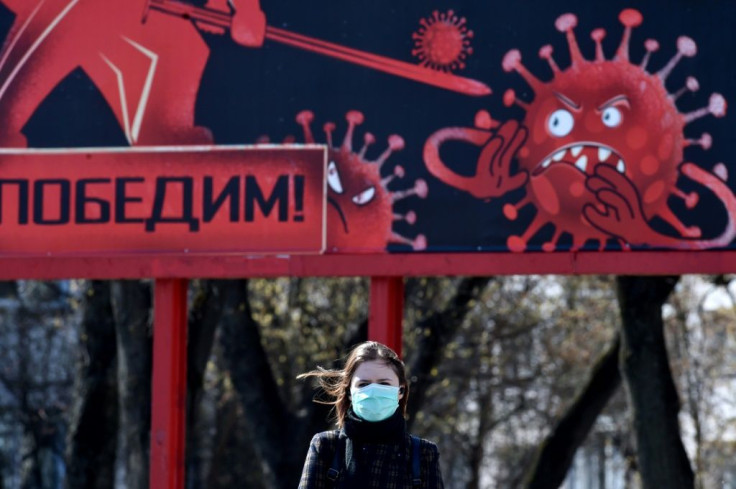Stocks Rise After Ukraine Panic, Oil Back Below $100

European stocks rose on Friday after Wall Street's late rally, as investors welcomed coordinated Western sanctions on Russia that targeted its banks but not did not block it from a global payments system and left its energy sector largely untouched.
Oil prices fell back below $100 a barrel after soaring on Thursday as concerns over supply disruptions eased. [O/R]
The jump in European shares was modest, however, and Wall Street looked set to open lower. Markets remain down significantly from levels at the start of the week -- the MSCI World Index is 2.5% lower -- after investors were left stunned by Russian President Vladimir Putin's decision to invade Ukraine.
On Friday, missiles pounded the Ukrainian capital as Russian forces pressed their advance.
By 1115 GMT, the Euro STOXX gained 1.78% higher while the FTSE 100 climbed 2.1%. Germany's DAX increased 1.3%.
Asian shares closed higher, with MSCI's broadest index of Asia-Pacific shares outside Japan up 0.78%. But on Wall Street - where stocks staged a massive rebound after U.S. President Joe Biden unveiled sanctions on Thursday -- futures pointed to a lower open in the United States.
"Looking back, we see that markets have tended to fade geopolitical risks quickly, but even then this looks like a very quick fade," said Salman Ahmad, global head of macro at Fidelity International.
Ahmad said the West's decision not to lock Russia out of the SWIFT interbank payments system was a "relief to markets that actual black swan disruption likelihood is low."
However, he said sentiment could change quickly given the enormity of the crisis unfolding in Europe's east.
"The difference this time around is that we have a major military power involved, and the tail risk that NATO gets involved is no longer a zero probability event. So markets are stuggling to price these tail risks. This rebound can change quickly if the situation on the ground changes," he added.
Russian stocks soared more than 10% - but that followed one of the three biggest ever single-day stock market crashes in history.
OIL PRICES DROP
Oil prices fell back below $100 a barrel as investor nervousness about supply disruptions eased. Brent crude dipped 0.38% to $98.7 a barrel, while U.S. West Texas Intermediate crude fell 0.16% to $92.64, although both benchmarks were off their highs.
Safe haven gold, which had jumped on Thursday, inched 0.26% higher to $1,908 an ounce but was below multi-month highs of $1,973.96.
Reflecting the relative calm in financial markets, yields on 10-year U.S. Treasuries steadied at 1.954% after a slide to 1.84% on Thursday, its biggest daily drop since late November.
"Markets seem to be reducing tail risks. Additional sanctions announced against Russia matter to Russia, but the domestic Russian economy does not matter much to the global economy (and energy supplies are still flowing)," said Paul Donovan, chief economist at UBS Global Wealth Management.
After some dramatic moves in currency markets on Thursday, including more than 1% falls in most European currencies, foreign exchange prices were much calmer.
The U.S. dollar index, which measures the greenback against a basket of major currencies, was up 0.1% at 97.2, having risen on Thursday to levels last seen during the first wave of the coronavirus pandemic.
The euro dropped 0.2% to $1.117 but was off Thursday's lows. The Japanese yen and the Swiss franc, two safe haven currencies, rose slightly but the gains were nothing like in Thursday.
The Russian rouble rose slightly to 83.77 against the dollar, clawing back from a record low of 89.986.
With Russian troops pressing towards the Ukrainian capital and more casualties expected on both sides, many investors are bracing for a further ratcheting up of sanctions from the West.
© Copyright Thomson Reuters {{Year}}. All rights reserved.





















